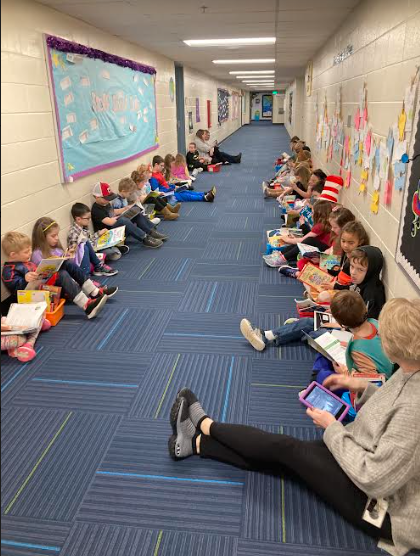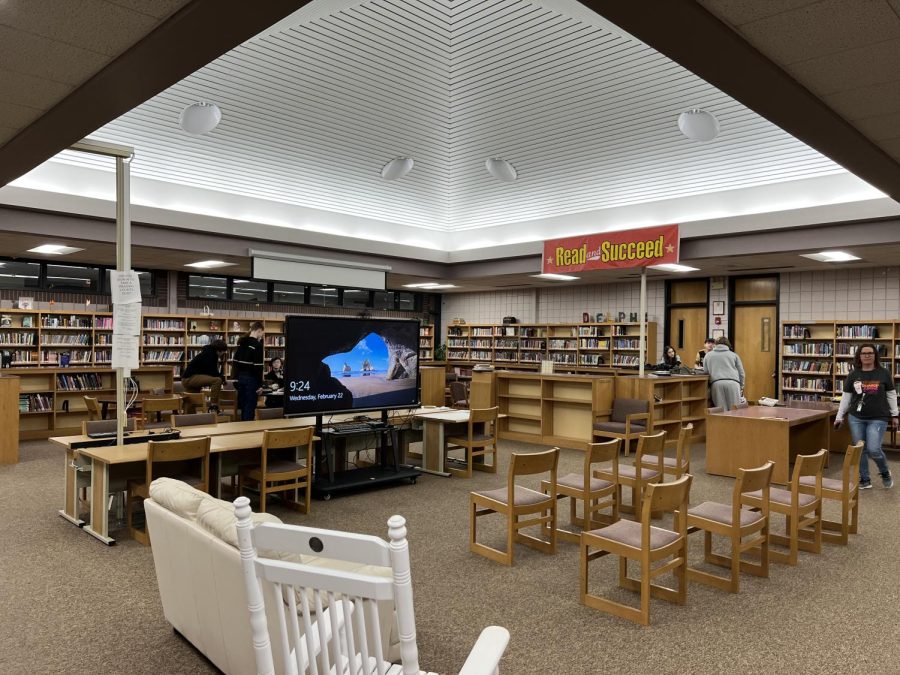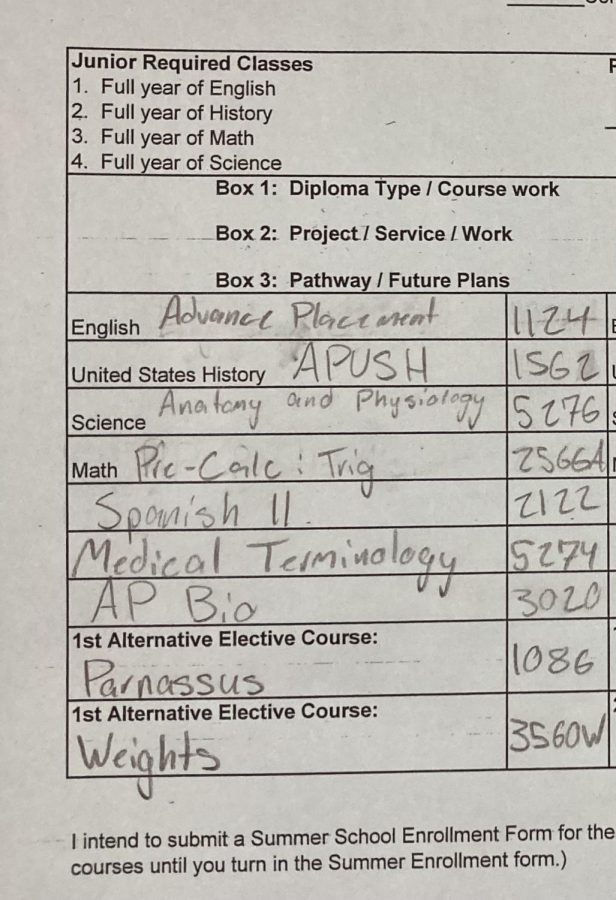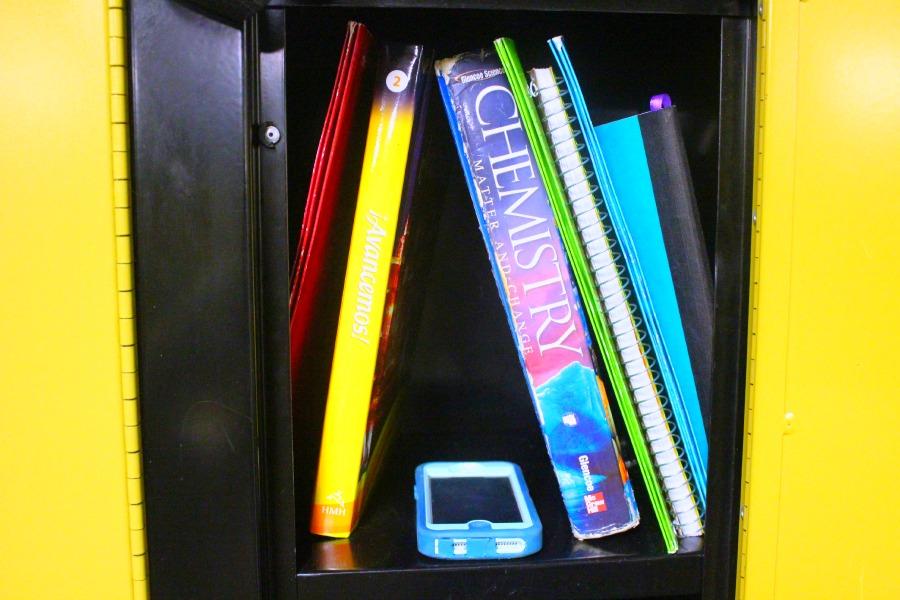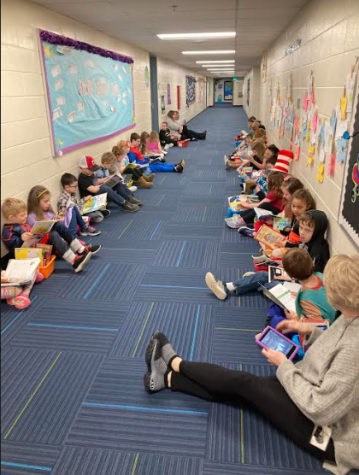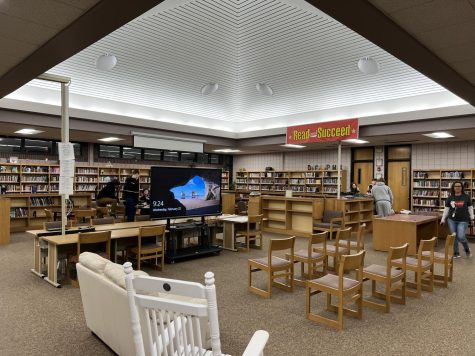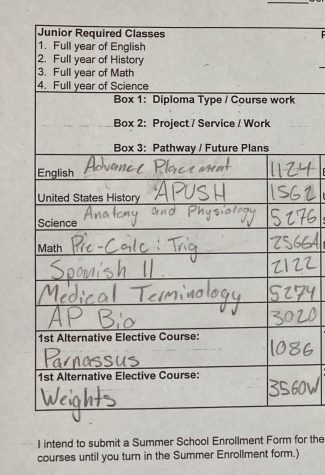New cell phone policy installed at DCHS
This year, our school’s administration has made a change in our student handbook. The policy of teachers having a say about when students may use cellular devices in the classroom has been removed. We all now follow a general policy that says: “Personal electronic devices may be used only during lunch, as long as they do not create a disturbance. At all other times, during the school day, they are to be powered down and locked in the student’s locker.”
Due to this new policy, there has been a new consequence added for this year, as well. The consequence states: “Any failure to surrender a personal electronic device, when directed by school personnel, will be treated as insubordination.” All of the DCHS staff members have been directed to confiscate any personal electronic device they see, immediately.
When the student body was exposed to the rule change, you could say there was quite an uproar. Many students were not happy with it at first. We’re in high school and as teenagers, we’re a little attached to our cell phones. We always feel the need to have them with us. So when this rule change was made, the student body felt the difference. Especially the seniors who, up until now, have been able to carry their cell phones with them and have them during their classes. While most seniors are not in favor of the rule change, senior Alyssa Ross said,
“I actually kind of like it,” she states about the new policy. “Personally, I pay more attention in class.” When asked what the downside of the policy is, Alyssa said, “It does stink not to be able to have it when I need to.”
Students aren’t the only ones who have opinions on this change. Teachers have their own view on it and how effective it is. Mrs. Rucker, English teacher, stated, “I think this policy has a good take. Students, in the past, have abused the privilege of using cell phones in class. However, I do believe that seniors should have the ability to learn how to use phones in the classroom setting to learn when it’s appropriate in their college classes or future jobs.” Rucker said the policy has definitely shown its effects in her classroom. “Students are more inclined to listen and not to pocket text.” Although the new rule has benefited her classes, Rucker also said, “I would appreciate it if the teachers could get a little more leniency with the policy for educational uses.”
Mrs. Circle, first year principal at DCHS, said, “The cell phone policy was created to limit distractions within the classroom.” She explained that the reason she changed the rule was to add more structure to the high school learning environment. “When I visited the high school, I noticed such a difference in task time. I saw a lot of off task behaviors in the high school.”
So far, Mrs. Circle is pleased with the response she is getting with the rule change. She said she expected a lot more pushback. “Ironically, I have not received anything negative from parents. So far, it has gone by smoothly. I was very surprised.”
But what about a little more leniency for teachers if they would like to teach students good digital citizenship? “As long as there is some kind of monitorization with it, that’s fine. I’m not against leniency or cell phones, for that matter. Using them for an educational tool is okay with me,” Circle revealed. She also added that she is very proud of the student body and their cooperation in regard to the new cell phone policy.

Ariel Wolfe is a senior and is in her third year on the Parnassus staff. Ariel participates in soccer in the fall and is active in Interact and National...

Emilee is a senior at Delphi and in her third year on the Parnassus staff. She is also involved with Interact club, Student Council, and NHS. In her free-time,...


